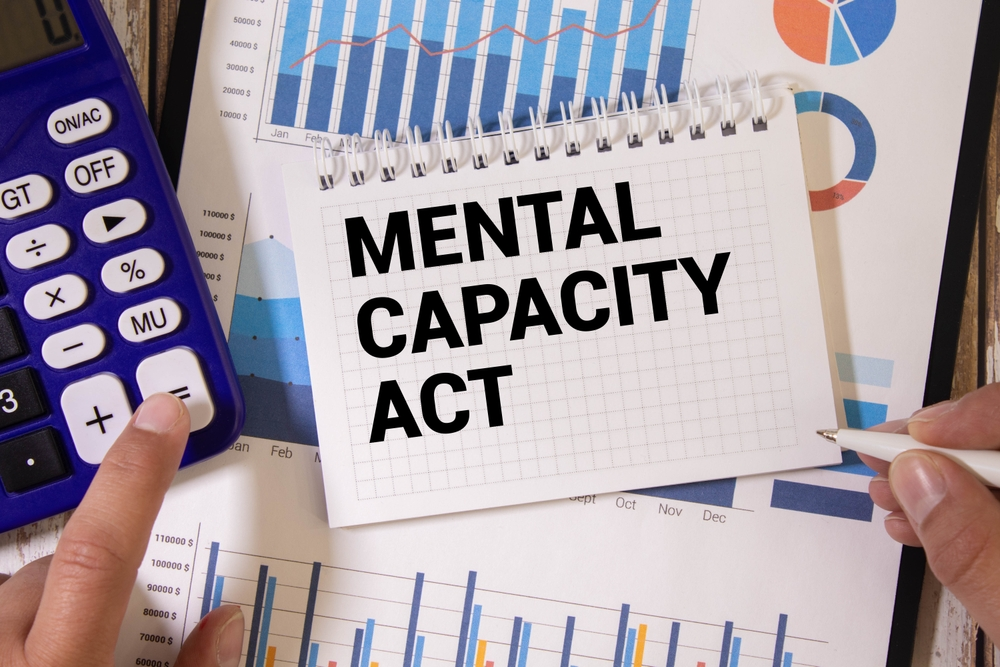
Who owns standards of care—and how do we make them work?
11 Dec 2025
Who owns standards of care—and how do we make them work?
By George Appleton, Head of External Affairs, SCIE




